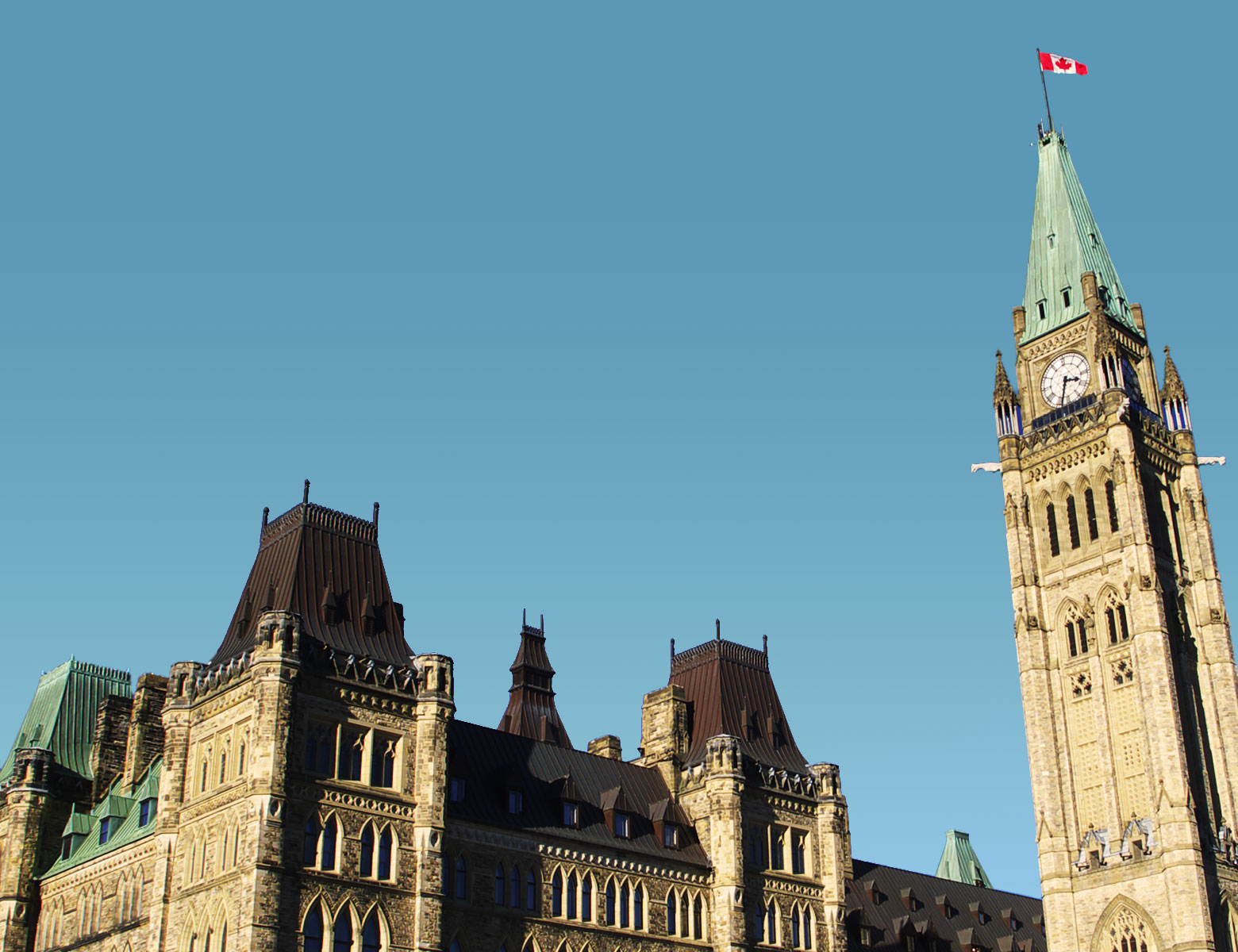What Members of Parliament do
For nearly 150 years, Members of Parliament have upheld the principles and practices of Canadian democracy, including representing the regional and local concerns of the citizens who elect them. Members consider and vote on draft legislation in the Chamber, attend committee and caucus meetings, and perform a wide range of duties in their constituency offices across the country. They also represent Canada when travelling abroad on official business or when hosting foreign dignitaries.
What the House of Commons Administration does
The House Administration provides Members with services, infrastructure and advice to help them carry out their work on Parliament Hill and in their constituencies. This includes producing the House of Commons’ daily publications (in print and online), providing technological connectivity to Members, and ensuring the Parliamentary Precinct is secure and equipped to accommodate a number of different activities.
With a mandate to provide impartial advice, services and support to Members of Parliament, the House of Commons Administration is guided by three core values:
The House Administration believes in the importance of parliamentary institutions and the democratic process, and works to foster and strengthen respect for them.
The House Administration preserves the collective memory of the House of Commons and its traditions while facilitating its evolution to keep pace with Canadian society, and ensures institutional continuity while supporting Members as their needs evolve.
The House Administration works to provide effective, accountable and non-partisan support—acting ethically, responsibly and with integrity at all times.
The chart below outlines the governance structure of the House of Commons Administration. Click on an entity or service area to learn more about its specific roles and responsibilities.
The House of Commons Administration organizational chart shows, in a hierarchical format, the Board of Internal Economy, the Speaker and the Clerk followed by the six service areas: Parliamentary Precinct Services, Office of the Law Clerk and Parliamentary Counsel, Procedural Services, Information Services, Finance Services and Human Resources Services.
- Board of Internal Economy
- Speaker of the House of Commons
- Clerk of the House of Commons
- Clerk’s Management Group
- Internal Audit
- Parliamentary Precinct Services
- Office of the Law Clerk and Parliamentary Counsel
- Procedural Services
- Information Services
- Finance Services
- Human Resources, Corporate Planning and Communications Services
Board of Internal Economy
Composed of Members from all recognized political parties, the Board of Internal Economy is responsible for all matters of financial and administrative policy affecting the House and its Members, premises, services and employees. It has the legal authority to make by-laws and to regulate the use of resources available to the House of Commons.
Speaker of the House of Commons
As Chair of the Board of Internal Economy, the Speaker is the head of the House Administration and is responsible for its overall direction and management. The Speaker’s administrative duties also involve the tabling of documents on behalf of the Board, including the Individual Member’s Expenditures report and the Report to Canadians.
Clerk of the House of Commons
As Secretary of the Board of Internal Economy, the Clerk is the chief executive of the House Administration and is responsible for the day-to-day management of House staff. The Clerk is responsible for maintaining records of the proceedings of the House, and all decisions made by the House must be authenticated by the Clerk’s signature.
Clerk’s Management Group
Composed of the heads of the House’s six service areas, the Clerk’s Management Group assists the Clerk on matters regarding the administration of the House of Commons. It is responsible for implementing the strategic directions set out by the Board of Internal Economy and ensuring that the House Administration has the financial and human resources necessary to carry out its mandate.
Internal Audit
As the House’s champion of good management practices, Internal Audit supports the House Administration’s mandate by providing objective and value-added assurance, risk management and advisory services on all strategic and management practices.
Procedural Services
Providing procedural and legislative advice to the Speaker of the House and Members, Procedural Services also offers support to committees, conducts research and offers training on parliamentary practice and procedure, and coordinates Members’ participation in international and interparliamentary activities.
Parliamentary Precinct Services
Parliamentary Precinct Services ensures the House is safe, secure, clean and equipped to accommodate a wide range of activities. It is also responsible for the long-term planning related to facility renovations as well as essential daily support activities such as food, transportation and delivery services.
Finance Services
Emphasizing sound financial management throughout all areas of the House, Finance Services provides advisory services and operational support in the areas of policy and financial planning, financial management, and materiel and contract management to the House Administration, Members of Parliament and their staff.
Information Services
Information Services plans, implements and maintains information technology and management services in both the House and in Members’ constituency offices. It also disseminates a variety of text, audio and video content for use during parliamentary events.
Human Resources, Corporate Planning and Communications Services
Human Resources works to attract, engage and retain talent for the House Administration; Corporate Planning provides support in the areas of strategic planning, performance measurement and business continuity; and Corporate Communications provides strategic communications support to the Board of Internal Economy and the House Administration.
Office of the Law Clerk and Parliamentary Counsel
Offering comprehensive legal and legislative advice and services, the Office of the Law Clerk and Parliamentary Counsel also has the ability to intervene in legal proceedings on behalf of the House and its Members to ensure their parliamentary privileges and immunities are protected.






